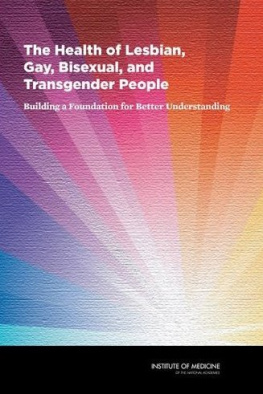Cover
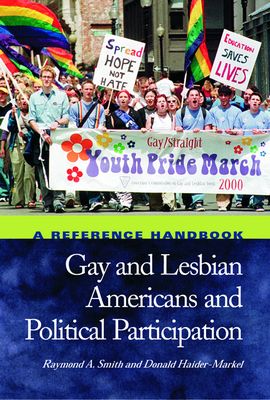
| title | : | Gay and Lesbian Americans and Political Participation : A Reference Handbook Political Participation in America |
| author | : | Smith, Raymond A.; Haider-Markel, Donald P. |
| publisher | : | ABC-CLIO |
| isbn10 | asin | : | 1576072568 |
| print isbn13 | : | 9781576072561 |
| ebook isbn13 | : | 9781576077313 |
| language | : | English |
| subject | Gays--United States--Political activity--Handbooks, manuals, etc. |
| publication date | : | 2002 |
| lcc | : | HQ76.3.U5S59 2002eb |
| ddc | : | 305.9/0664/0973 |
| subject | : | Gays--United States--Political activity--Handbooks, manuals, etc. |
Page i
Gay and Lesbian Americans and Political Participation
Page ii
Political Participation in America
Raymond A. Smith, Series Editor
forthcoming
African Americans and Political Participation,
Minion K.C. Morrison, Editor
Disabled Americans and Political Participation,
Richard K. Scotch and Kay Schriner
East Asian Americans and Political Participation,
Tsung Chi
Jewish Americans and Political Participation,
Rafael Medoff
Native Americans and Political Participation,
Jerry D. Stubben and Gary A. Sokolow
Page iii
Gay and Lesbian Americans and Political Participation
A Reference Handbook
Raymond A. Smith and Donald P. Haider-Markel
Foreword by U.S. Representative Tammy Baldwin

Santa Barbara, California
Denver, Colorado
Oxford, England
Page iv
Copyright 2002 by Raymond A. Smith and Donald P. Haider-Markel
All rights reserved. No part of this publication may be reproduced, stored in a retrieval system, or transmitted, in any form or by any means, electronic, mechanical, photocopying, recording, or otherwise, except for the inclusion of brief quotations in a review, without prior permission in writing from the publishers.
Library of Congress Cataloging-in-Publication Data
Smith, Raymond A., 1967Gay and lesbian Americans and political participation : a reference handbook / Raymond A. Smith and Donald P. Haider-Markel.
p. cm.
Includes bibliographical references and index.
ISBN 1-57607-256-8; 1-57607-731-4 (e-book)
1. GaysUnited StatesPolitical activityHandbooks, manuals, etc. I. Haider-Markel, Donald P. II. Title.
HQ76.3.U5 S59 2002
305.906640973dc21
2002003519
07 06 05 04 03 02 10 9 8 7 6 5 4 3 2 1
ABC-CLIO, Inc.
130 Cremona Drive, P.O. Box 1911
Santa Barbara, California 93116-1911
This book is printed on acid-free paper.
Manufactured in the United States of America
Page v
To the memory of Robert W. Bailey (19512001), of Columbia and Rutgers Universities, a pioneer in the study of lesbian, gay, bisexual, and transgender politics as well as a friend and mentor to us both
Page vi
Page vii
Contents
Foreword, U.S. Representative Tammy Baldwin xi
Series Foreword, Raymond A. Smith xiii
Preface xv
1 Overview
Basic Definitions,
Demographics,
History of the LGBT Movement,
Positioning LGBT People in U.S. Politics,
Internal Politics of the LGBT Community,
Typology of Political Views,
Appendix: New Data on LGBT Political Participation,
References and Further Reading,
2 Protest Politics
A History of LGBT Protest Politics,
The Logic of Protest: LGBT Pride Marches,
Conclusion,
References and Further Reading,
3 Interest Group and Social Movement Participation
The Homophile Movement,
The Gay Liberation Movement and Lesbian Feminism,
AIDS Activism and Assimilation,
The 1990s and Beyond,
Organized Local Groups,
Transgender Groups,
Page viii
Organized National LGBT Groups,
National Interest Group Relationships,
Conclusion,
References and Further Reading,
4 Electoral and Political Party Participation
Voting Behavior: The Lavender Vote Thesis,
Getting Out the Vote,
The LGBT Vote at the Local Level,
The LGBT Vote at the State Level,
The LGBT Vote at the National Level: Congressional and Presidential Races,
Political Party Involvement,
Conclusion,
References and Further Reading,
5 Being Out in Public Life
Public Opinion,
Why Does It Matter? LGBT Officials and Political Representation,
Elected Officials,
Appointed Officials,
Unofficial Public Figures and Movement Leaders,
Conclusion,
References and Further Reading,
Documents
Bowers v. Hardwick and the Zone of Privacy,
Romer v. Evans and Equal Protection under the Law,
Baker v. State (of Vermont) and Same-Sex Marriage,
The Denver Principles, ACT UP, and the Politics of AIDS,
Executive Orders Barring Discrimination,
Pride Proclamation,
Coming Out Statement of U.S. Representative Jim Kolbe,
Key People, Laws, and Terms
Resources
Selected National Groups,
Page ix
Selected State and Local Groups,
Selected Information, Media, and Resources,
Chronology
Annotated Bibliography
Index
About the Authors
Page x
Page xi
Foreword
We stand at an interesting point in history for the lesbian and gay movement in America. The movement for social acceptance and legal protection has achieved some stunning results in a relatively short period of time, but many lesbian and gay Americans still face discrimination, violence, and social rejection because of their sexual orientation. Moreover, organized efforts to block further gains and overturn past victories continue into the new millennium, with no clear end in sight. The lesbian and gay movement continues to face these challenges, including some from within, such as the full inclusion of bisexual and transgendered people within the movement, with the eventual goal of achieving a society where LGBT identity is not a basis for discrimination or fear.
LGBT political participation, at one time limited to relatively secretive and anonymous homophile groups, now includes every type of activity in the U.S. system, from voting, to interest group lobbying and litigation, to the appointment and election of openly LGBT officials. LGBT participants in the movement and political system are also more diverse now than they were in the past, with greater numbers of women, ethnic and racial minorities, and persons from middle- and working-class backgrounds. The newer diversity within the LGBT movement has led to an increasing diversity of voices with new issues to be addressed, including same-sex marriage, adoption, parenting, conflicts over liberal versus conservative beliefs within the movement, acceptance of religious faiths, and gender and racial discrimination within the movement.
Next page

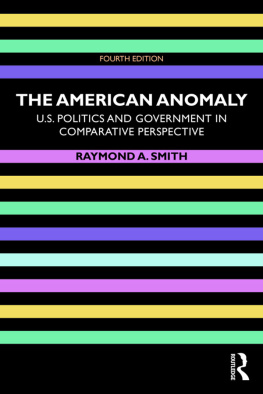
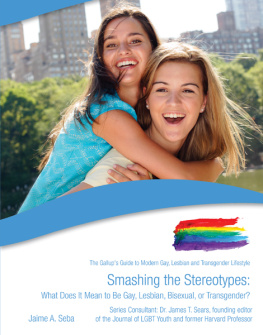
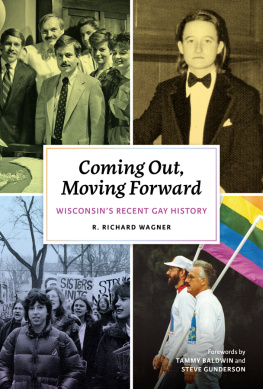
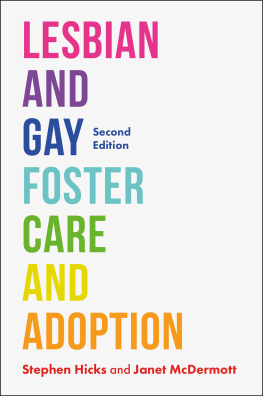
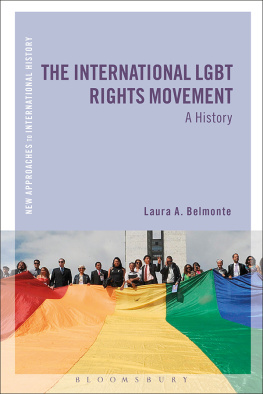
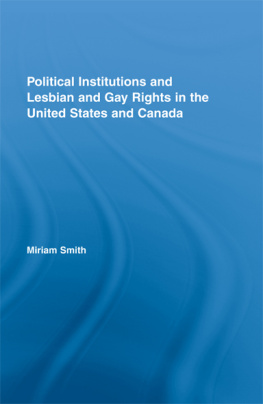

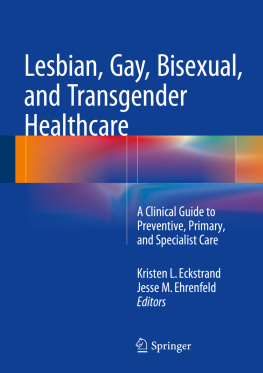
![Chuck Stewart - Lesbian, Gay, Bisexual, and Transgender Americans at Risk [3 Volumes]: Problems and Solutions](/uploads/posts/book/129596/thumbs/chuck-stewart-lesbian-gay-bisexual-and.jpg)
